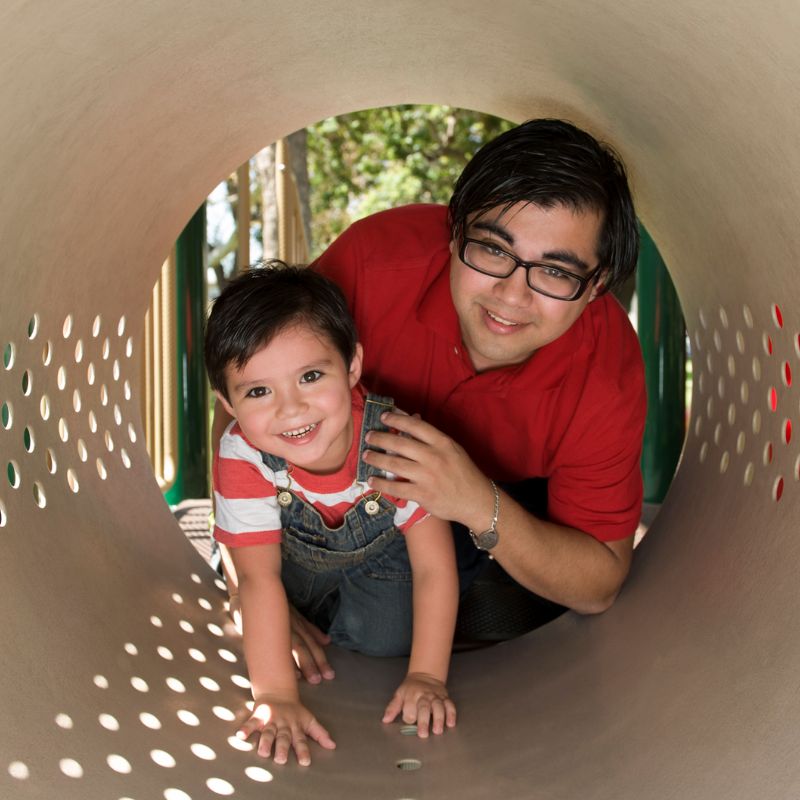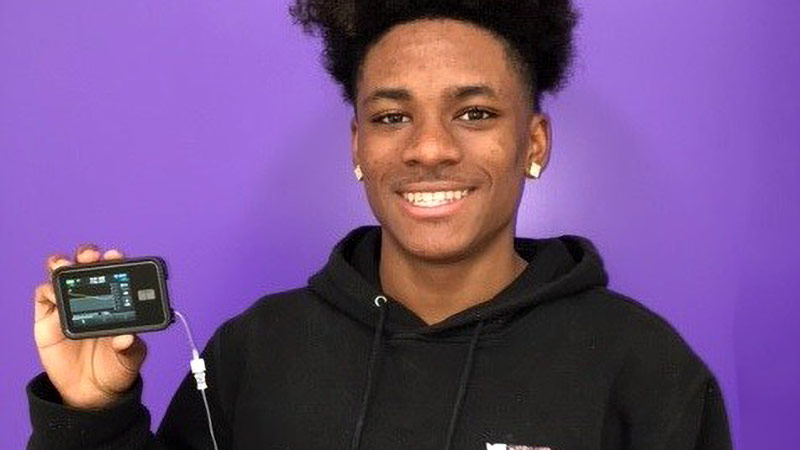Caring For Your Child, and Your Child’s Diabetes
The key to life with diabetes is to balance management within a healthy lifestyle. We are here to help you and your child learn how to manage diabetes, and how to reduce the risk of associated complications. We provide:
- Diagnostic evaluation
- Acute treatment
- Long-term management
- Follow-up care
Your child may be referred to us because their doctor is concerned about signs or symptoms of diabetes, or your child may have an acute illness associated with diabetes.
Diabetes Treatment
There currently is no cure for diabetes, but proper management is important and achievable.
Treatment for Type 1 diabetes includes:
- Insulin dosing
- Monitoring blood sugar
- Meal planning
- Regular physical activity
- Routine health care
Treatment for Type 2 diabetes includes:
- Nutrition adjustments, including meal planning
- Weight management
- An ongoing exercise program
- Medication
- Blood sugar monitoring
Treatment of diabetes is an ongoing process of education and management, not only your child, but for your family, your child’s caregivers and school personnel.
Diabetes Monitoring
Routine blood sugar checks are fundamental to successful diabetes management. The blood sugar checks provide the necessary information about how the insulin, medication, or other therapies are working.
The goal of treatment is to maintain the blood sugar within an optimal range. A laboratory blood test called Hemoglobin A1c (HbA1c or A1c) obtained every three months provides an average of the blood sugar level for the previous three months. This result gives a measure of blood sugar goals. The A1c may also show if the diabetes treatment plan has been working or if it needs adjustment.
Continuous Glucose Monitoring System
The continuous glucose monitoring system is a sensor that detects the level of sugar at very close time intervals, even up to minute-to-minute intervals. A small plastic covered wire is placed under the skin, which detects the sugar in the tissue. It is attached to a transmitter device above the skin that sends the reading to a special screen device and/or a smartphone. This allows for the patient, family and care team to monitor the trend in sugar. This may help you keep more blood sugars in the target range.
Insulin Therapy
- Insulin Pen: An insulin pen is a device for administering insulin. The insulin pen is easy to carry and use compared with the insulin vial and syringe. The pen has an insulin cartridge, along with a dial to measure the dosage of insulin needed. Disposable pen needles are used to inject the insulin under the skin.
- Insulin Pump: An insulin pump is a delivery device that provides flexibility in dosing insulin. The pump allows for different amounts of insulin to be administered at different times of the day or night depending on the patient’s lifestyle needs.
Insulin pumps deliver rapid- or short-acting insulin 24 hours a day through a small plastic tube placed under the skin. Insulin doses are separated into:
- Basal rates as a 24-hour continuous infusion
- Bolus doses to cover carbohydrates in meals or snacks
- Correction or supplemental doses for high blood sugar
There are now combination systems of glucose sensor and insulin pump that can be helpful tools in managing glucose levels even more precisely.
Conditions
Type 1 diabetes, or insulin-dependent diabetes, is an incurable auto-immune disease. Type 2 diabetes, or non-insulin dependent diabetes, is the most common form o
Your Care Team
Physicians




Other Team Members
A physical therapist (PT) is a healthcare professional concerned with prevention, treatment and management of movement disorders arising from conditions and diseases occurring throughout the child’s growth.
A nurse who has graduated from an accredited school of nursing and has been registered and licensed to practice by a state authority.
A clinical nurse specialist (CNS) is a registered nurse with advanced education in special areas. A CNS nurses help coordinate your child’s care while in the hospital.
Dietitians and nutritionists assess patients’ nutritional needs, develop and implement nutrition programs, and evaluate and report the results. They also confer with doctors and other health care professionals to coordinate medical and nutritional needs.
Social workers help provide referrals to a broad range of community based agencies and organizations to assist the child and family in obtaining supportive care and assistance. The social worker also is available to provide crisis counseling, individual and family counseling.






